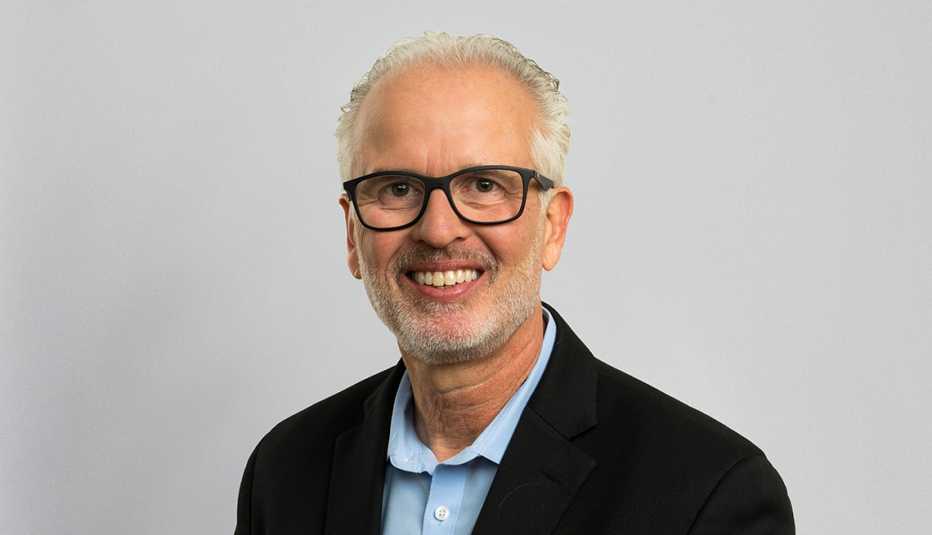AARP Hearing Center


When I was 52, I started DV8 Kitchen, a 501(c)(3) that provides second-chance employment opportunities to people who are in the early stages of substance abuse recovery and are trying to redirect their lives. Since we opened our first restaurant, we have employed 180 workers, and the average tenure of employment has grown from two weeks to 11 months.
The problem I’m trying to solve
I’ve spent my entire career in the restaurant industry, eventually owning and operating three restaurants in Lexington, Kentucky. I love this industry; however, drug and alcohol use are common. Late nights, a cash-based system and easily accessible alcohol all contribute to this. People struggling with addiction who are trying to find employment after incarceration often end up working in restaurants.
In our first decade of owning restaurants, we lost over a dozen people to overdoses. We saw the problem and tried to help our people get clean and stay sober, but the opioid epidemic made things worse. Our people needed more than “just a job,” so my wife and I decided to open a restaurant without a bar that serves only breakfast and lunch — so employees can go to their AA or recovery meetings — and to hire only people in the early stages of alcohol and drug recovery. We wanted to create a safe place for people recovering from addiction to work, get healthy and start gaining confidence in themselves.
The DV8 employment model includes partnering with residential living facilities that provide safe housing, monitor residents’ participation in behavior modification programs, and test them for drugs and alcohol each week. We believe that once a person with a history of addiction works a meaningful recovery program and has meaningful employment, recidivism can be drastically reduced and employees can go on to lead stable, fulfilling lives.
The moment that sparked my passion
I went through alcohol rehab in my mid-20s and know how hard it is. But I honestly thought opening DV8 Kitchen was going to be a side project. I thought I was going to help them, but it has turned my life upside down and helped me. Each one of the people we work with has a unique story and totally blows me away with the challenges they face and how far they have come. We no longer have other for-profit restaurants and focus solely on DV8 Kitchen and helping people in recovery rebuild their lives. We opened a second location last year, and honestly, I’ve never been so fulfilled in my life!



































































More About AARP's Purpose Prize
Learn about previous winners and fellows
AARP's Purpose Prize FAQ
Read the official rules, eligibility, odds and prize disclosures